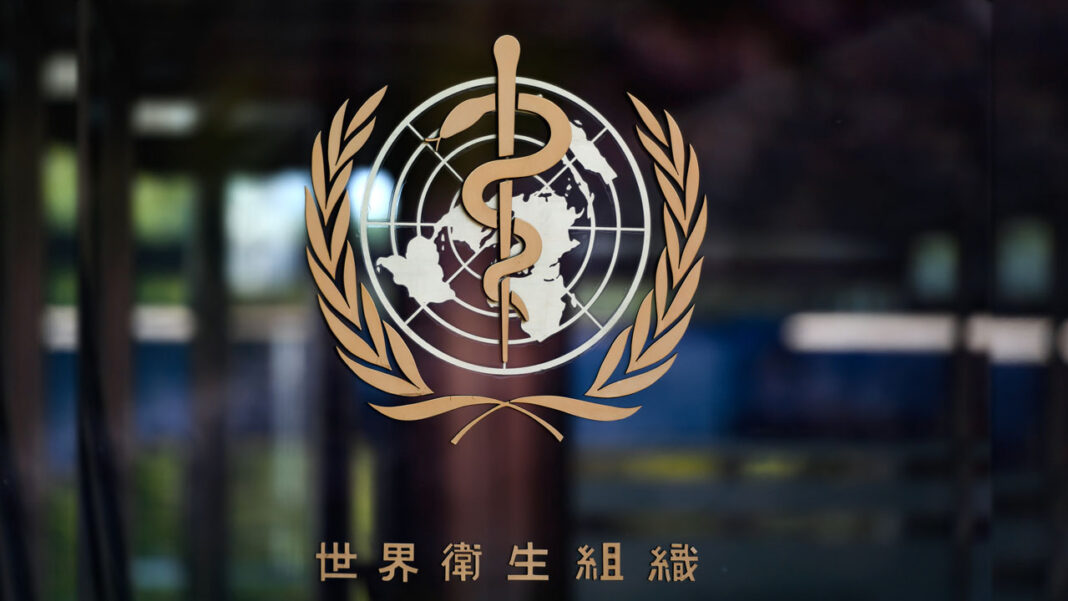By Sam Akanimo
Prostate cancer, a malignant disease, is the second most common cause of cancer death in men around the world.
A pro- community medical practitioner in Uyo, the Akwa Ibom State capital, who did not want his name in print, says the Medical University of Vienna, Austria, has uncovered a solution that will arrest the progression of the disease.
This is because as prostate cancer progresses, it becomes increasingly aggressive and can metastasize. In this form, the tumor is difficult to treat, which is reflected in high mortality rates:
Interestingly, an international study led by Lukas Kenner, and Sabine Lagger, has identified a protein that could slow tumor growth.
According to the Uyo medical doctor, the results, which have been published in Molecular Cancer, provide a new starting point for the development of therapies.
The complex molecular processes that lead to the progression of prostate cancer have not yet been fully clarified by science.
The protein known as JUN is being intensively researched as a possible driver of tumor growth.
“Numerous studies have shown that JUN is produced excessively in cancer.
So, a link has been established between tumor growth and high JUN levels”, says Lukas Kenner of the Clinical Institute of Laboratory Medicine at MedUni Vienna, Department of Laboratory Animal Pathology at Vetmeduni Vienna.
In collaboration with national and international partners, it was shown that the opposite is the case with prostate cancer:
The research team’s investigations using a mouse model and clinical samples revealed that the progression of prostate cancer is not accelerated but slowed down when JUN is present in high levels. It was observed that the tumor grows faster when the protein is missing.
JUN, it was gathered, plays an important role in the activation of genes and various processes such as cell growth. It was said to be discovered back in the 1980s.
“In the researchers investigations, they found that JUN is significantly involved in the regulation of prostate cancer by influencing the body’s immune response”, says the Uyo doctor
He also argued that if the protein is missing, the recruitment of certain immune cells in the tumor’s micro-environment is impaired, which leads to accelerated cancer growth.
“These results could explain why prostate cancer is less responsive to immune therapy and could help to understand how to reactivate local immune responses”, he adds.





